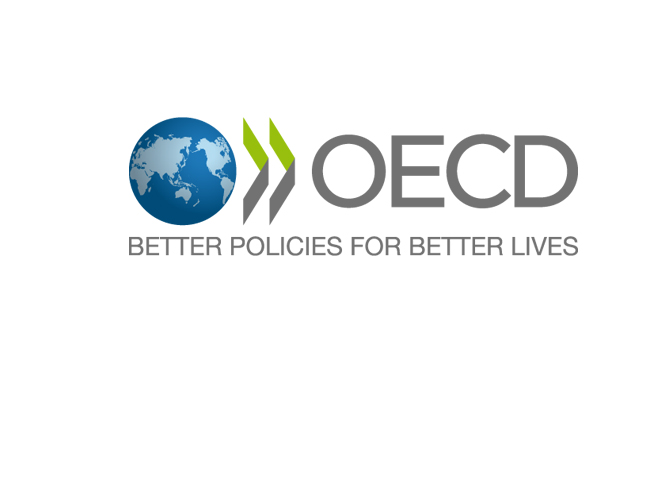You must login before you can post a comment.
- 🍻
Taking a Scientific Approach to Science and Engineering Education
Science & Technology
A lecture by Nobel Prize Winner, Professor Carl Wieman, Stanford University
Guided by experimental tests of theory and practice, science and engineering has advanced rapidly in the past 500 years. Guided primarily by tradition and dogma, science education meanwhile has remained largely medieval. Research on how people learn is now revealing much more effective ways to teach and evaluate learning than what is in use in the traditional science class. It makes much more use in the classroom of the instructor’s expertise, and it also shows students how to learn most effectively. This research is setting the stage for a new approach to teaching and learning that can provide the relevant and effective science education for all students that is needed for the 21st century. I will also cover more meaningful and effective ways to measure the quality of teaching. Although the focus of the talk is on undergraduate science teaching, where the data is the most compelling, the underlying principles come from studies of the general development of expertise and apply widely.
This lecture is co-hosted by the OECD Centre for Educational Research and Innovation (CERI) and the Centre for Global Higher Education (CGHE).
A drinks reception will follow this lecture.
About the Speaker
Carl Wieman holds a joint appointment at Stanford University, as Professor of Physics and of the Graduate School of Education. He has conducted extensive experimental research in atomic and optical physics, but his intellectual focus is now on undergraduate physics and science education. He has pioneered the use of experimental techniques to evaluate the effectiveness of various teaching strategies for physics and other sciences, and in 2017 published Improving How Universities Teach Science: Lessons from the Science Education Initiative, Harvard University Press. During the Obama administration he served as Associate Director for Science in the White House Office of Science and Technology Policy, and among his many awards are the Lorentz Medal (1998), Benjamin Franklin Medal (2000) and Nobel Prize in Physics (2001), as well as the Oersted Medal (2007) recognizing notable contributions to the teaching of physics.
Access Profile
- There is step free access into the lecture theatre.
- Wheelchair accessible toilets can be found on Level 4.
- There is not fixed furniture within the lecture theatre.
- This venue does not have working a hearing loop facility availabile.
- BSL interpreters can be organised with advance notice.
We aim to make our events as inclusive as possible so if you have any accessibility requirements or enquiries that are not covered in the above access profile please contact the events team at [email protected]. If you could contact us allowing for as much time as possible before the event we will be able to ensure where required the appropriate measures are taken. More information about the venues accessibility can be found on the AccessAble website.
Please note photographs and recordings taken at this event may be included in future publications or on the UCL Institute of Education's website. If you do not wish to be included in any IOE media, please opt out by contacting us at [email protected].




